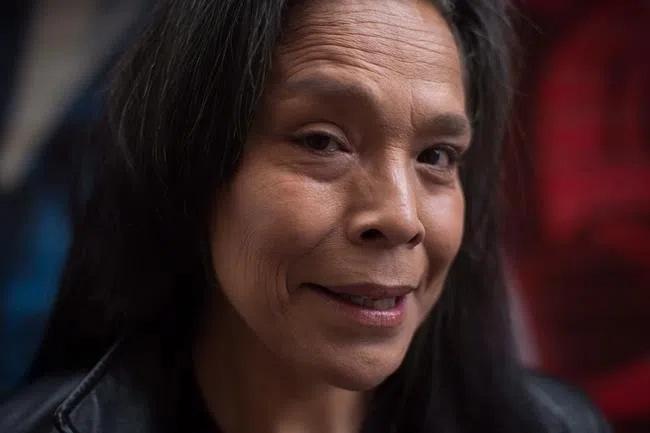
Survivors, families pained by MMIW executive director’s departure
OTTAWA — Maggy Gisle fought for two decades for an inquiry into missing and murdered Indigenous women and girls, but she says the current commission isn’t giving her much to cling to.
Gisle, an abuse victim, former addict and sex worker who spent 16 years on the Downtown East Side, said Friday she was shocked to find out through the media that the inquiry had lost a second executive director, adding its communication “really sucks.”
She said she’s been volunteering her time to try to connect Indigenous women who remain on the streets with the commission so their voices are not forgotten.
But she said the inquiry “keeps dropping the ball.”
